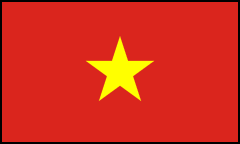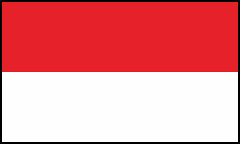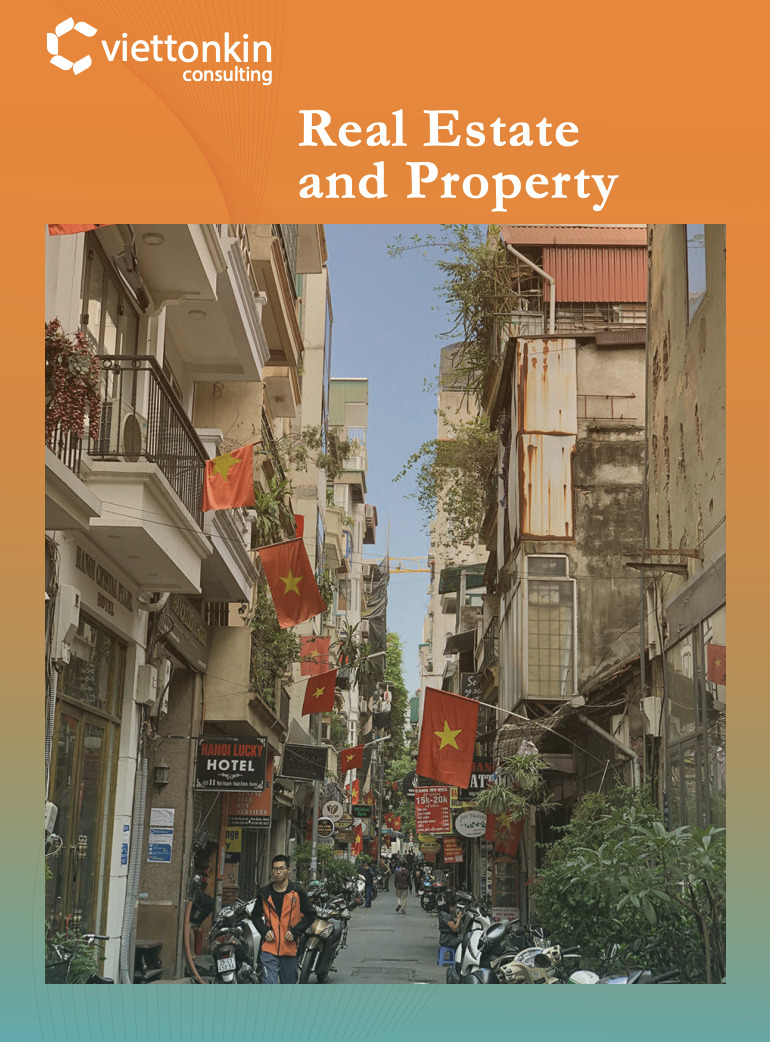Viet Nam has emerged as a rising star in the region and an attractive destination for foreign investment. However, besides the achievements that FDI projects bring to the country, there are persisting problems such as price transfer, tax evasion, environmental pollution, technology transfer and so on.
Therefore, the Vietnamese government is increasingly paying attention to the due diligence process and screening whether the foreign projects can meet its requirements. With that being said, this process can be the hindrance to any investors attempting to make a market entry to Vietnam. Any gap or misunderstanding in knowledge of Vietnam’s FDI screening framework can threaten a successful entrance to the country.
To narrow this gap, Viettonkin Consulting’s strategic due diligence offers foreign investors the most exhaustive insight into Vietnam’s FDI screening procedure to secure a favorable project.
Vietnam’s FDI projects selection tendency
Before deciding whether to approve or reject the investment application, the host government must critically examine the core components of an FDI project to assess its reasonableness, level of effectiveness, and practicality. Investors and investment projects are evaluated based on their legal status, financial capacity, level of relevance to overall planning, technological and technical relevance, and anticipated economic and social repercussions.
However, to guarantee the project’s success as well as to optimize the host country’s benefits, the Vietnam government has set out its priority to certain criteria of the FDI selection process. A new FDI plan for 2018–2023 is being developed by Vietnam's Ministry of Planning and Investment with the help of the World Bank, with an emphasis on priority industries and high-quality rather than quantity of investments. Instead of labor-intensive industries, the new draft wants to promote foreign investment in high-tech businesses.
The draft prioritizes FDI investments on a short-term and medium-term basis. The draft gives short- and medium-term FDI investments priority. Industries with few chances for competition will be given priority in the near future, including:
- Manufacturing/Production – Automotive and transport equipment OEMs and suppliers;
- Environmental-friendly technology – Water conservation, Solar, Wind investments.
In the long-term, the emphasis is on industries that prioritize skill development, such as:
- Manufacturing – Manufacturing of pharmaceuticals and medical equipment;
- Services – Services include education and health services, financial services, and financial technology (Fintech);
- Information technology and intellectual services.
In addition to priority sectors, the country also rejects FDI proposals in industries including oil refineries, cement, and steel-and-iron manufacturing in order for Vietnam to achieve its goals for green growth.
Due diligence process for foreign investment projects
The general process involves basic components such as the following:
Eligibility assessment: The first FISI component lays forth key requirements that any investor thinking about conducting business in Vietnam must meet and support during the project appraisal process. According to Vietnam's investment law, the requirements were created. The eligibility assessment covers a range of issues from basic information such as location, business line, Central Product Classification (CPC) code to other mandatory questions such as:
- Is the investor independent from a foreign government (not a government-owned or government-controlled entity)?
- Is the proposed investment project appropriate with land use plans already approved by the local government?
- Is the plan for site clearance and resettlement appropriate with the laws, regulations and local land use planning?
Risk assessment: The second part evaluates risks associated with the investment project and determines whether mitigation solutions are appropriate. To give local authorities a thorough understanding of the investor and the project, the risk evaluation of investment projects is required. The risk assessment generally includes economic risks, social risks and environmental risks such as the following questions are to ask:
- Does the history or current portfolio of the investor demonstrate that this investor has experience in the proposed business activity or project?
- Is the investor able to show proof of healthy business financial capacity?
- Has the investor ever been reported for non-compliance with labor regulations, health and safety regulations, land and property regulations, consumer regulations, privacy regulations, anti-corruption and anti-bribery regulations or any other laws that regulate social impacts in Vietnam or other countries?
- Has the investor ever been reported for non-compliance with environmental regulations.
Alignment assessment: The third element looks at the project's compatibility with both worldwide norms for responsible investment and local government priorities for attracting investment. Investors are not required to meet these standards, however, investors are urged to adhere to these requirements to guarantee that their investment in Vietnam supports sustainable development and avoids or lessens negative effects on people and the environment. If these criteria are met, it shows that the investor is making a responsible investment. The project may be eligible for local government incentives and support for FDI initiatives due to its potential to significantly advance local sustainable development. The alignment assessment also looks into 3 main criteria: economic dimension, social dimension and environmental dimension, some of the questions can be:
- Is there a specific plan in place for the project to prioritize recruiting residents from the commune/ward in which it is located?
- Will any technology in a form of sharing production specifications and quality control methodology be transferred to local suppliers?
- Will the investor respect international labor standards on working hours, rest times, sick leave and paid leave?
- Will the investor have processes to effectively monitor, prevent, mitigate and remediate air, water, land and soil pollution?
This structure is about recognizing and mitigating current and potential negative effects that may be brought on by specific foreign investment projects without decreasing Vietnam's openness to foreign investment or limiting the operations of foreign investors in Vietnam. Knowing this, investors can have exhaustive insights into what should be prepared and hence overcome the due diligence process efficiently. The full set of questions and criteria and be found here.
Viettonkin can help you benefit from strong due diligence capabilities
Fast and precise
Due diligence can be a time-consuming and arduous process. Viettonkin Consulting provides foreign investors with an optimized due diligence process which is both speedy and relevant.
Our consulting is efficient with the use of diligence management tools and softwares, allowing data to be stored securely while also effectively managed and shared. By utilizing an organized due diligence checklist, Viettonkin can find out about a project’s resources, liabilities, contracts, benefits and potential issues within no time.
With an understanding that each acquisition is unique, our toolkit is flexible and can be changed to fit different situations. Moreover, our team always addresses possible risks and bottlenecks as soon as they are identified during diligence.
Save time and money
Due diligence is a lengthy, costly and intimidating process that involves multiple parties and phases. It may seem difficult to project how long the process lasts for it to be enough and exhaustive. Even if it is thorough, the due diligence procedure should only take 30 to 60 days, which is achievable if delegated to an efficient and dynamic team. The Viettonkin team is composed of experts with experience performing due diligence and knowledge of the measures to be taken.
Conclusion
Vietnam has made excellent progress in luring foreign direct investment, but in order to increase efficiency, it needs to alter its strategy and orientation. It is the responsibility of local governments to determine if a foreign investment project endangers the human rights of local residents, violates human rights laws, or jeopardizes public safety.
Given its vital significance, the due diligence process can be challenging and buyers often find themselves stuck with numerous difficulties in the way. To help investors make sure the process is smooth and optimized, Viettonkin and its experienced team can offer corporates strong due diligence with well-structured procedure and thorough evaluation. We can support you in enhancing eligibility, achieving portfolio operational excellence, and improving valuation results






